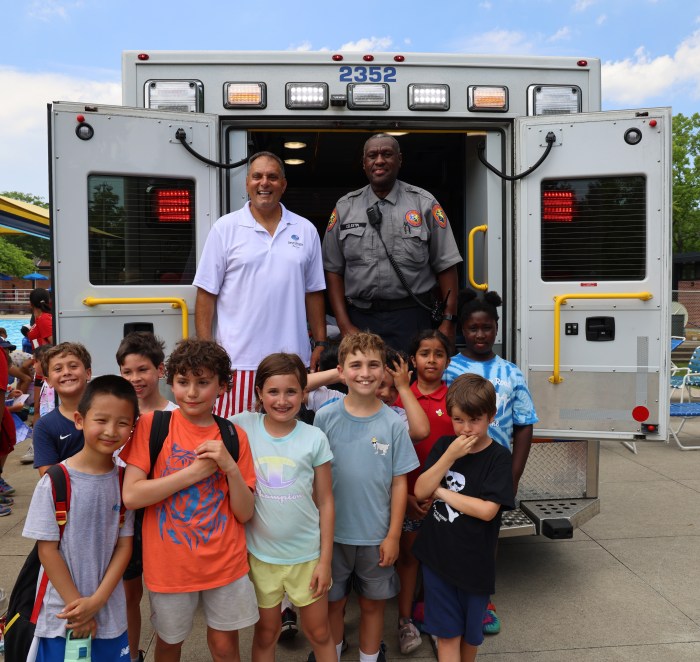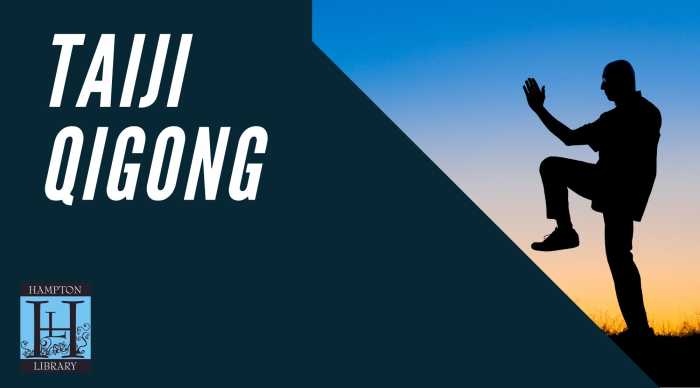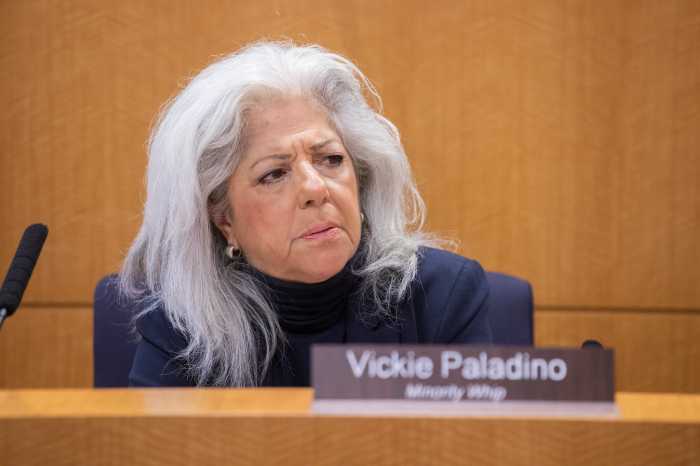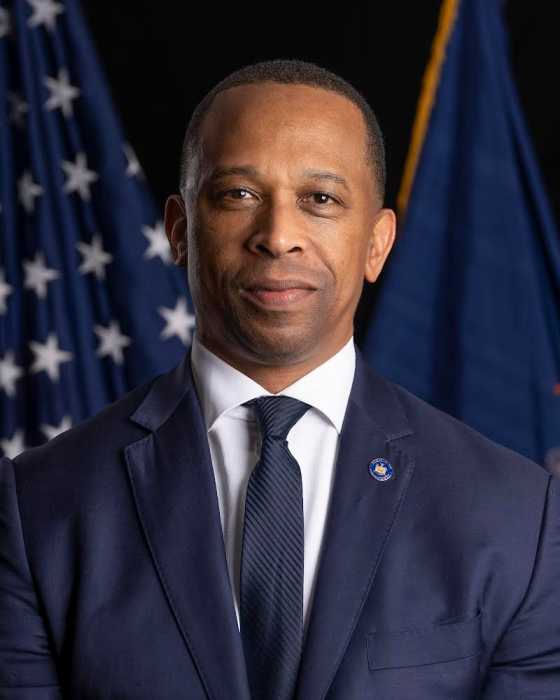
Thirteen months ago, Nicole Henn’s life flashed before her eyes. The Syosset wife and mother of three was suddenly experiencing memory loss, combined with an onslaught of headaches.
She didn’t know what to do. Or where to go. Or who to speak to.
“I wasn’t feeling right, and my body was acting odd,” Henn said. “After having conversations with my husband and my coworkers—I was having conversations and forgot what they were saying—I went to our general practitioner.”
The practitioner ordered an MRI in September of 2018. When the results were in, Henn’s life turned upside down, less than a month after she started training for the New York City Marathon, held later that fall.
However, she wouldn’t be competing in the marathon. Instead, she headed to North Shore University Hospital in Manhasset. The MRI showed she had a mass growing on her pituitary gland, so large that it pressed on the hypothalamus, which sits right above the gland. The hypothalamus is the main area responsible for memory.
“My husband and I were thinking we should go into the city, because it’s weird to have brain surgery on Long Island when we have New York City available to us,” she said. “But it was urgent to do it right away. We went with North Shore.”
Henn had the surgery on Sept. 27, 2018, performed by Dr. Mark Eisenberg, the director of the Skull Base Center at North Shore, one of the hospital’s top neurosurgeons.
“In Nicole’s case, the best approach was to approach the area of the craniopharyngioma that is located at the base of the skull and brain by working through her nose,” Dr. Eisenberg said, explaining what went into the surgery. “This was facilitated by the use of an endoscope along with specialized instruments designed to allow us to approach these types of tumors endoscopically through the nose.

“It is a collaborative approach and surgery between skull base neurosurgery and endoscopic sinus ENT surgery.”
The surgery went well. Henn only needed to stay in the hospital for 10 days post-surgery. Because the tumor was intertwined with her pituitary gland, Dr. Eisenberg had to remove the pituitary stalk, which carries some of the hormones.
“They took out part of my pituitary gland,” Henn explained. “I’m on medication for the rest of my life because it’s the center for a lot of hormones, and it admits a lot of chemicals you need every day. I came home from the hospital and I had a great recovery. It was difficult and painful because I had a lot of headaches after the surgery, which was my brain healing from them going in there and messing around with it.”
Thirteen months later, Henn is ready to do what she couldn’t do last year. Her body has begun to recover in an astonishing way. Part of it, she said, is because she ran four marathons in the past, even competing in a pair of Ironman competitions.
Henn started trotting again in November of last year. Rather than running in the marathon, she was adjusting to her new life, one that she admits took a year to fully recognize.
Now, she is set to compete in the TCS New York City Marathon come Nov. 3.
“This will be the fifth marathon I’ve run,” she said. “I know what I need to do to prepare. You have to start slowly and train based off your heart rate. I know where my heart rate should be during a certain point of a run. You have to build up slowly.”
Henn believes she is ready to go. The time she runs won’t matter this time around. What does matter is the fact she can even participate, just more than a year after having life-changing brain surgery.
“It doesn’t matter how fast I go, as long as I don’t finish last,” she joked. “Everything in between that will be great.”
And Dr. Eisenberg has stayed in touch with his patient since the surgery. He truly cares about her and, most of all, he’s excited to see what she can do in early November.
“I am so happy for her,” he said. “Her athletic endeavors have always been a big part of her life. Seeing her able to get back to doing something that she loves really fills me with joy.”
The New York City Marathon is the largest 26.2-mile competition across the globe, with almost 53,000 runners in last year’s contest. Each year, there are roughly 90,000 to 100,000 applicants who apply to compete in the prestigious race.

































